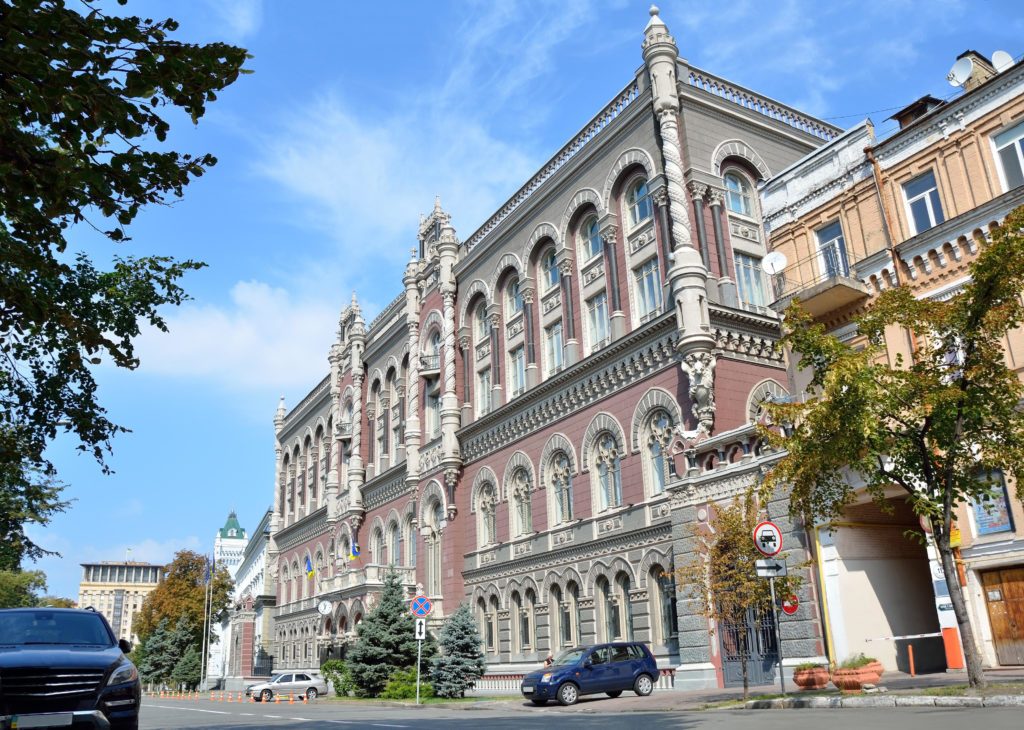KYIV
The National Bank of Ukraine raised its key interest rate to 9 percent from 8.5 percent to curb accelerating inflation and reduce inflationary expectations.
The rate of 6 percent was in effect from June 2020 to March 2021. Then the rate was gradually increased. The last time the central bank raised the rate by half a point to 8.5 percent in September and signalled that a further increase might be necessary.
“The decision is aimed at neutralising the impact of additional pro-inflationary risks, improving inflation expectations, and ensuring steady disinflation toward the target of 5 percent,” the central bank said in a statement.
In September, the central bank said that it would stop using anti-crisis monetary measures from the beginning of the fourth quarter. The bank sees a return to the inflation target of 5 percent in 2022.
Annual inflation in Ukraine climbed to 10.9 percent in October, slightly down from 11 percent in September, pushed up by rising domestic food prices, a widening budget deficit and increasing global food and energy costs. Annual inflation had been quickening in recent months.
“The inflation surge has passed its peak, but inflation is declining slower than expected,” the central bank said in a statement.
The bank said that annual inflation would continue to decline gradually at the end of this year and throughout 2022.
Earlier this year, the central bank revised its 2021 inflation forecast up to 9.6 percent from 7 percent, taking into account the rapid recovery of the world economy and increasing inflationary pressures. It also predicted that the peak of the inflation surge would take place in the third quarter, forecasting that tighter monetary policy would gradually check inflationary pressures.
In November, Ukraine secured around $700 million from the International Monetary Fund (IMF) after months of tortuous negotiations on resuming disbursements of a standby arrangement.
The agreement is seen by experts as a positive development for Ukraine’s economic and financial stability. The central bank considers cooperation with the IMF as one of the factors in its monetary policy.
“Progress achieved in cooperation with the IMF is a key factor for reducing uncertainty,” the bank said.
It added that continued cooperation with the IMF and other official lenders would help the government carry out key reforms and facilitate the rapid recovery of the economy from the coronavirus crisis.
The bank said that key risks to the economy were posed by an escalation of the military conflict against Russian proxies in the east of the country and a longer global price surge than expected.
“If pro-inflationary factors continue to materialize, the NBU stands ready to raise its key policy rate,” it said.

